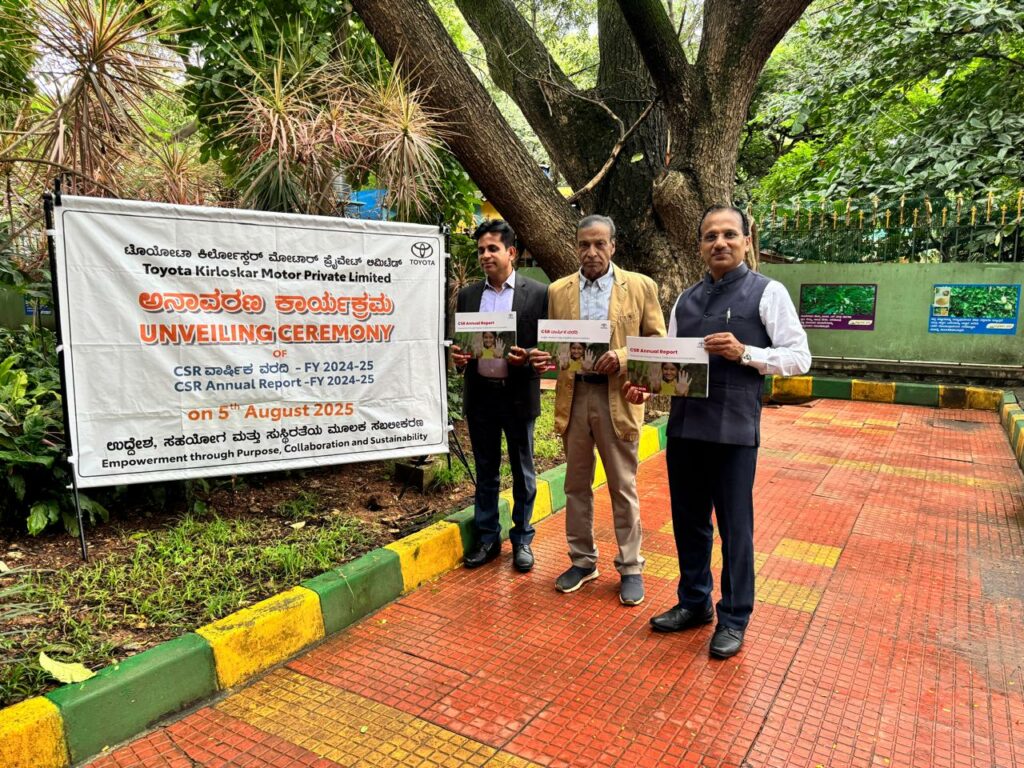1. Adenovirus
●There has been a notable uptick in adenovirus infections presenting with prolonged high-grade fever, sometimes lasting 7–10 days or more. Unlike classic cases that resolve in 2–3 days, current strains (possibly due to post-pandemic immunity gaps) cause more prolonged symptoms, including pneumonia and sepsis, and sometimes require hospitalization or ICU care in young children.
2. Influenza Viruses (including H3N2)
●Influenza remains a significant cause of extended febrile illness, with some strains (e.g., H3N2) now showing prolonged courses of more than a week in some cases. Secondary complications like pneumonia are also rising.
3. Chickenpox (Varicella-Zoster Virus) and Hand, Foot, and Mouth Disease (HFMD; Enteroviruses)
●Seasonal increases in varicella (chickenpox) and HFMD are being observed, both of which can cause prolonged fever and skin manifestations. Severe forms may lead to complications such as pneumonia or encephalitis, prolonging illness duration.
4. Tuberculosis (TB)
●Mycobacterium tuberculosis, especially extrapulmonary or atypical presentations, remains one of the most frequent infectious causes of prolonged fever (weeks) in Indian children, including in Bangalore. TB should always be considered, especially with poor response to standard viral or bacterial therapy.
5. Enteric Fever (Salmonella Typhi/Paratyphi)
●Typhoid fever is a classic and still common cause of persistent fever lasting beyond a week in children in urban Indian centers, including Bangalore.
6. Rickettsial Infections (Scrub Typhus and Others)
●Scrub typhus and other rickettsial diseases are increasingly diagnosed in India. They often present with undifferentiated, prolonged fever, sometimes with rash, hepatosplenomegaly, or lymphadenopathy. The prevalence can vary by region, but recent studies have identified it as an emerging cause.
7. Other Bacterial Infections
●Persistent or deep-seated bacterial infections (such as abscesses, endocarditis, urinary tract infections, and osteomyelitis) are less common but important causes, especially when initial screening is negative.
8. Dengue and Atypical Viral Illnesses
●While most dengue infections have a classic febrile phase, atypical or protracted forms—with prolonged fever or biphasic fever—are increasingly noted. Cases of “mystery viral fevers” not testing positive for classic dengue or COVID are also being reported.
9. Gastrointestinal Pathogens
●Persistent gastrointestinal infections (including rotavirus, salmonella, E. coli, and typhoid) are increasingly reported to cause lingering fevers, with GI symptoms often prominent.

Key Takeaways
●Adenovirus and influenza (including new strains or post-pandemic shifts in immunity) currently lead the list of emerging causes of prolonged viral fever.
●TB and enteric fever should always be high on the differential diagnosis for fevers lasting more than a week in Bangalore and similar Indian settings.
●Scrub typhus and other rickettsial diseases are being recognized more frequently due to improved diagnostic facilities and heightened awareness.
●Clinicians should maintain high suspicion for atypical presentations of these pathogens, especially when standard viral panels are negative and fever persists beyond 7–10 days.
●Empiric therapy should be avoided until a systematic, algorithmic workup has been performed, and red flags for non-infectious etiologies (e.g., malignancy, autoimmune disease) must be considered, especially if there are cytopenias or organomegaly.
Dr. Venugopal Reddy Iragamreddy
MBBS, DCH (Australia), MD, MRCPCH (UK), DSc, FRCPCH (UK), FRACP (Australia), MBA, PhD
Medical Director and Pediatrician, Ovum Woman & Child Specialty Hospital, Bangalore, India
Research Articles Link :https://www.researchgate.net/profile/Venugopal-Iragamreddy?ev=hdr_xprf

